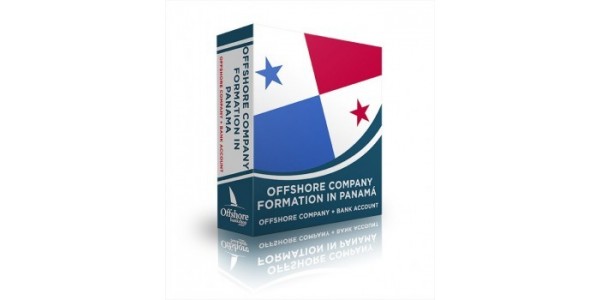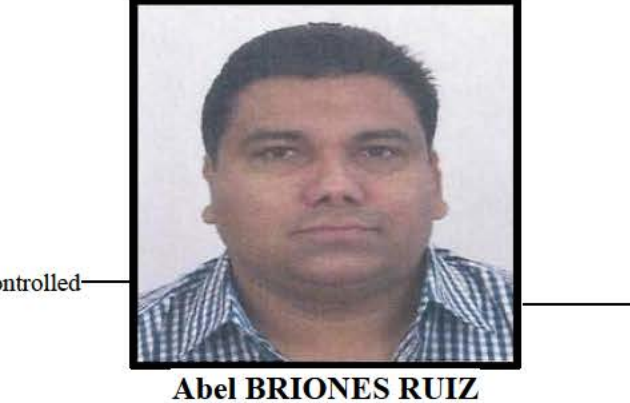OFAC Can Be Hazardous To Your Health (Insurance Provider)
This post may not be reaching the correct audience, but for those not aware, there’s an arm of the United States Department of the Treasury called OFAC, or the Office of Foreign Assets Control if you’re not into the whole brevity thing. Its job is to administer U.S. sanctions on targeted countries, such as Cuba, and categories of individuals, like narcotics traffickers. U.S. companies are required to comply with the regulations promulgated by OFAC.
Yesterday, OFAC announced an enforcement actionthat serves as an unfortunate example of how the OFAC’s existence, and the responsibility of U.S. persons to comply with the sanctions prohibitions they administer, is not a universally appreciated fact.
Three Florida-based health insurance companies, Bupa Insurance Company (BIC), Bupa Worldwide Corporation (BWW), and USA Medical Services Corporation (USAMED) have agreed to pay $128,704 to settle 39 violations of the Narcotics Trafficking Sanctions Regulations, the Foreign Narcotics Kingpin Sanctions Regulations, and the Cuban Assets Control Regulations.
According to OFAC, the three companies, collectively referred to as “Bupa Florida,” “misinterpreted the scope and application of the regulations administered by OFAC and did not monitor or screen health insurance policyholders, dependents, or providers against the SDN List.” Further, the fact that Bupa Florida “[did] not appear to have had an OFAC compliance program at the time apparent violations occurred” served as an aggravating factor under the Enforcement Guidelines when the agency was calculating a potential penalty.
While OFAC compliance is not the first thing that comes to mind when a non-sanctions attorney thinks about health insurance, the primary takeaway here is that almost every industry needs to consider how to comply with sanctions. This is particularly true when it comes to the insurance industry. Indeed, has even publishedFrequently Asked Questions related to the insurance industry as far back as 2002.
That said, for those insurance providers who haven’t been paying attention to OFAC prior to yesterday’s action, here are a few specific lessons that can be learned from the Bupa Florida case.
- Screen your existing customers
In one example provided by OFAC, BIC continued to provide health insurance coverage for Jorge Mario Paredes Cordova for almost 4 years following his listing as a Tier I Specially Designated Narcotics Trafficking Kingpin (SDNTK) on June 1, 2007. Paredes Cordova was listed as a dependent on an existing policy, which was renewed three times before finally being canceled by the policyholder in January 2011. BIC provided the coverage despite the fact that the name, date of birth, and country of residence on file matched the information on the SDN List. Insurance policies issued on behalf of SDN’s are considered blocked property, therefore it is the responsibility of insurers to block these policies and report to OFAC within 10 days.
- Don’t provide support services to SDNs on behalf of non-U.S. affiliates
Several of Bupa Florida’s violations stemmed from the provision of insurance support services for policies that were issued by non-U.S. Bupa insurers. In one case, USAMED provided “claims processing services that included claim pre-authorization, claim review and claim adjudication services” for Daniel Gonzalez Munoz, an SDNTK designated on January 12, 2005.
- Cooperate
Fortunately, Bupa Florida came to their senses in the end and voluntarily self-disclosed their conduct to OFAC, resulting in a 50% reduction in the base penalty amount of their violation. They also received credit for implementing new controls and procedures, entering into and extending a tolling agreement, and submitting documents and information in “clear and organized fashion.” Considering the fact that civil penalties for a violation of sanctions may result in a fine of the higher of $250,000 or twice the value of eachtransaction, OFAC’s penalty does not look so bad.
As always, it’s generally a good idea to retain qualified OFAC counsel if your business is at any risk of transacting with designated parties or sanctioned jurisdictions. Declining to do so may result in your companies name ending up on OFAC’s Enforcement Actions page.



